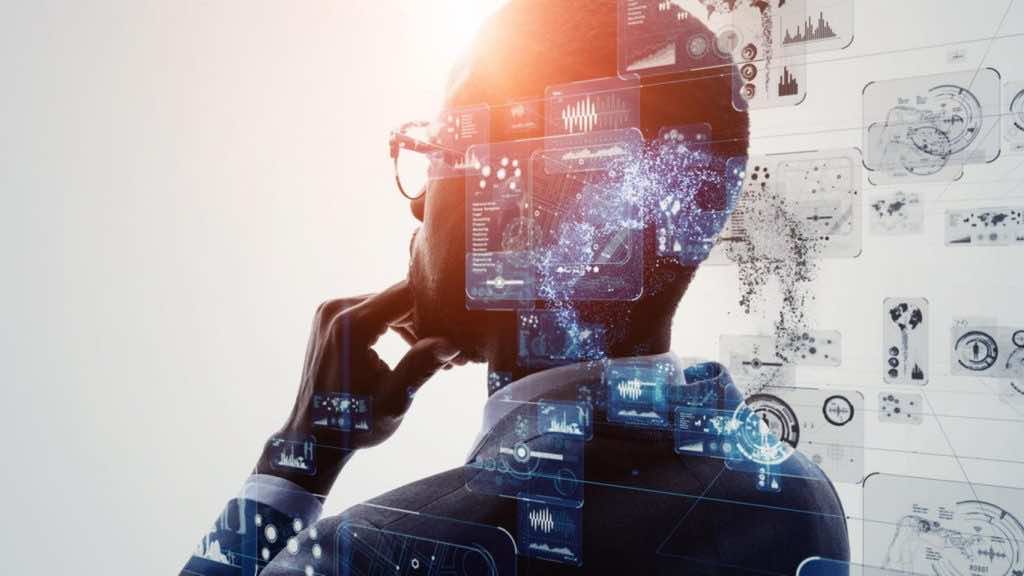According to new research, Artificial intelligence (AI) can come up with methods of wealth distribution that are more popular than systems designed by people.
The findings, made by a team of researchers at UK-based AI company DeepMind, show that machine learning systems may help deliver on more open-ended social objectives, such as the goal of realizing a fair, prosperous society.
“One key hurdle for value alignment is that human society admits a plurality of views, making it unclear to whose preferences AI should align,” researchers explain in a new paper, led by the first author and DeepMind research scientist Raphael Koster.
“For example, political scientists and economists are often at loggerheads over which mechanisms will make our societies function most fairly or efficiently.”
AIs can arrive at far-from-desirable social conclusions when left to their own devices; human feedback can help to take neural networks in a better direction.
“In AI research, there is a growing realization that to build human-compatible systems, we need new research methods in which humans and agents interact, and an increased effort to learn values directly from humans to build value-aligned AI,” the researchers write.
In experiments involving thousands of human participants in total, the team’s AI agent – called ‘Democratic AI’ – studied an investment exercise called the public goods game, in which players receive varying amounts of money, and can contribute their money to a public fund, and then draw a return from the fund corresponding to their level of investment.
Wealth was redistributed to players via three conventional redistribution paradigms – strict egalitarian, libertarian, and liberal egalitarian – each of which rewards player investments differently.
A fourth method was also tested, called the Human-Centered Redistribution Mechanism (HCRM), developed using deep reinforcement learning, using feedback data from both human players and virtual agents designed to imitate human behavior.
The HCRM system proved to be the most popular among players.
“The AI discovered a mechanism that redressed initial wealth imbalance, sanctioned free riders, and successfully won the majority vote,” the researchers explain.
“We show that it is possible to harness for value alignment the same democratic tools for achieving consensus that is used in the wider human society to elect representatives, decide public policy or make legal judgments.”
However, there is a possibility that it might create bias in society. There’s also the issue of trust. In the experiments, players didn’t know the identity behind the wealth redistribution model they were paying for. Would they have voted the same way, knowing they’d be picking an AI over a person?
“Our results do not imply support for a form of ‘AI government’, whereby autonomous agents make policy decisions without human intervention,” the authors write.
“We see Democratic AI as a research methodology for designing potentially beneficial mechanisms, not a recipe for deploying AI in the public sphere.”
The findings are reported in Nature Human Behaviour.

